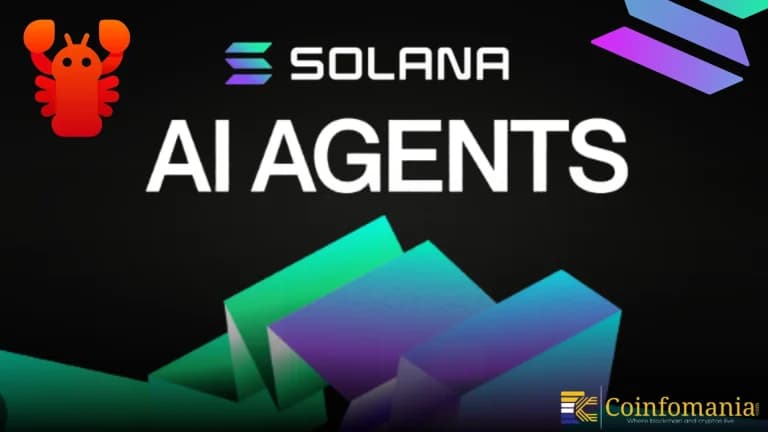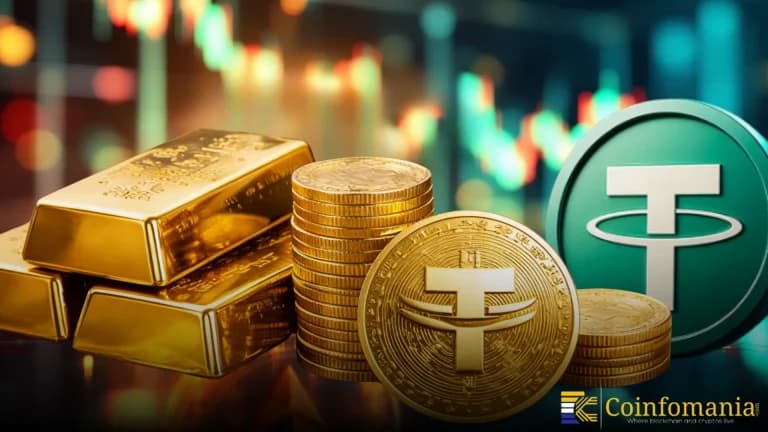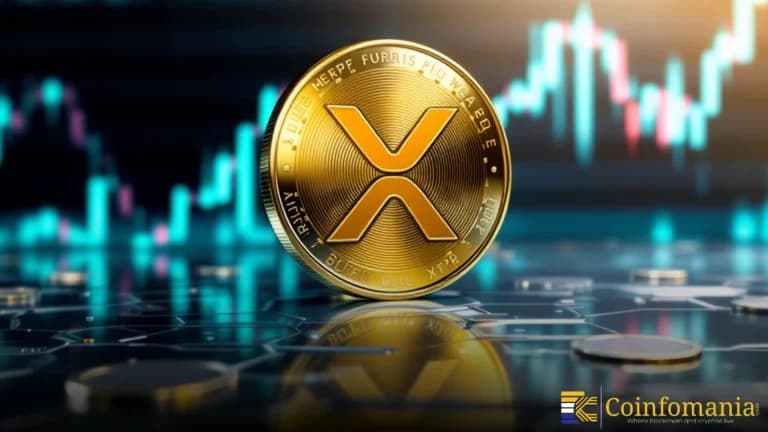Lucian Mincu Questions Solana’s Decentralization After Yakovenko’s Statement
Dive into the Solana’s decentralization debate as MultiversX co-founder Lucian Mincu highlights network challenges like validator access and insider token holdings.

Quick Take
Summary is AI generated, newsroom reviewed.
Anatoly Yakovenko emphasized objective decentralization standards, including fair exits, forks, and majority rule.
Mincu criticized Solana’s high token concentration, hardware demands, and governance structure.
The debate highlighted trade-offs between decentralization ideals and practical blockchain performance.
On May 24, 2025, MultiversX co-founder Lucian Mincu publicly responded on X. He replied to a comment from Solana co-founder Anatoly Yakovenko regarding decentralization tests. Yakovenko had argued that decentralization should be an objective and measurable property. Mincu challenged those ideas by pointing to Solana’s decentralization shortcomings. This public exchange highlighted a broader debate in the blockchain community. Platform fans and critics watched the online replies quite closely. The discussion unfolded through a series of public posts and replies between both figures.
MultiversX Co-Founder Highlights Solana’s Insider Token Distribution
Anatoly Yakovenko explained decentralization tests as objective rather than subjective concepts. He said a true decentralized network must avoid minority blocking majority decisions. He also argued participants should exit or fork freely without network barriers. This approach aimed to measure decentralization as a technical and quantifiable property. Yakovenko intended these guidelines to unify definitions within the blockchain field. He believed clear standards could improve network trust and design decisions. The post gained wide attention among developers and community researchers online. His criteria aimed to bring clarity and reduce debate over network models.
MultiversX co-founder Lucian Mincu noted that over 48% of tokens were allocated to insiders and venture investors. He explained that this allocation was not publicly disclosed until after the network launch date. Mincu argued that such concentration potentially undercuts Solana’s decentralization ideals. He also pointed out that demanding hardware is needed to run a Solana validator node. In 2021, Solana Labs recommended twelve-core processors and one hundred twenty-eight gigabytes of RAM. These strict requirements made validator participation costly and limited potential operators.
Economic Barriers Reduce Fair Participation in Solana’s Network
Mincu also underscored daily voting fees as further entry barriers on Solana. Validators needed to pay around one SOL each day during the 2021 operations. At that time, one SOL cost roughly two hundred dollars in USD. These high costs, combined with technical demands, limited validator diversity. Mincu indicated this dynamic conflicted with principles of open participation. He suggested these economic barriers reduced ecosystem resilience and fairness. These conditions contrasted sharply with decentralization goals set by many networks. Community observers noted that few small stakeholders could meet such operational costs.
Historical research reinforced Mincu’s point about significant token allocation imbalance. A 2021 Messari Research Hub report highlighted insider holdings above forty eight percent. Other protocols like Ethereum and Cardano showed insider stakes around fifteen to seventeen percent. This disparity raised questions about fairness in governance and decision making. Critics argued that concentrated holdings could influence upgrade votes and emission controls. The report compared decentralization metrics across major layer-one blockchains. This comparison highlighted the challenge of balancing performance and decentralization. This data prompted fresh community discussions on network equity and control.
Mincu Highlights Governance Risks in Solana’s Ecosystem
Mincu also pointed to widespread governance concerns in Solana’s ecosystem. He said bridges and liquidity pools were dominated by a handful of large players. Such concentration allowed emergency upgrades that could override community preferences. Critics worried this model created risks for network adaptability and trust. Mincu suggested these factors contrasted with ideal governance in decentralized systems. This debate highlighted trade-offs between speed, scale, and decentralization integrity. Observers saw the issue as a key test for blockchain governance. The conversation sparked discussion on best practices for protocol rules.
How Blockchain Networks Can Evolve From Current Debates
This exchange underscored the ongoing challenge of balancing performance and network decentralization. It also highlighted tensions between speed, technical complexity, and community inclusion. The debate between Yakovenko and Mincu opened critical questions about blockchain governance. Solana co-founder Anatoly Yakovenko had set objective criteria for evaluating network structure. MultiversX co-founder Lucian Mincu stressed that real-world data and operational costs matter. As the field evolves, these discussions may shape protocol design and community norms. Future projects could draw lessons from this debate to improve system inclusivity.
In the later hours of May 24, Solana co-founder Anatoly Yakovenko clarified his position in another X post. He asserted decentralization isn’t a spectrum but two conflicting axes: private keys guaranteeing individual property rights versus hardware state attestations. He also acknowledged the “crypto cult” concept, noting that preventing adverse selection requires relentless advocacy of private key immutability. However, as the DAO hack showed, catastrophic incentive faults can still fragment networks. He concluded by urging the reduction of failure surface areas.
References
Follow us on Google News
Get the latest crypto insights and updates.
Related Posts

Why MoltID Could Redefine Trust For AI Agents Inside The Solana Ecosystem?
Vandit Grover
Author

Gold Meets Blockchain: Canadian Firm Offers Dividends in Tether’s XAUT
Triparna Baishnab
Author

XRP to $70 by June? Analyst Prediction Ignites a New Crypto Debate
Triparna Baishnab
Author